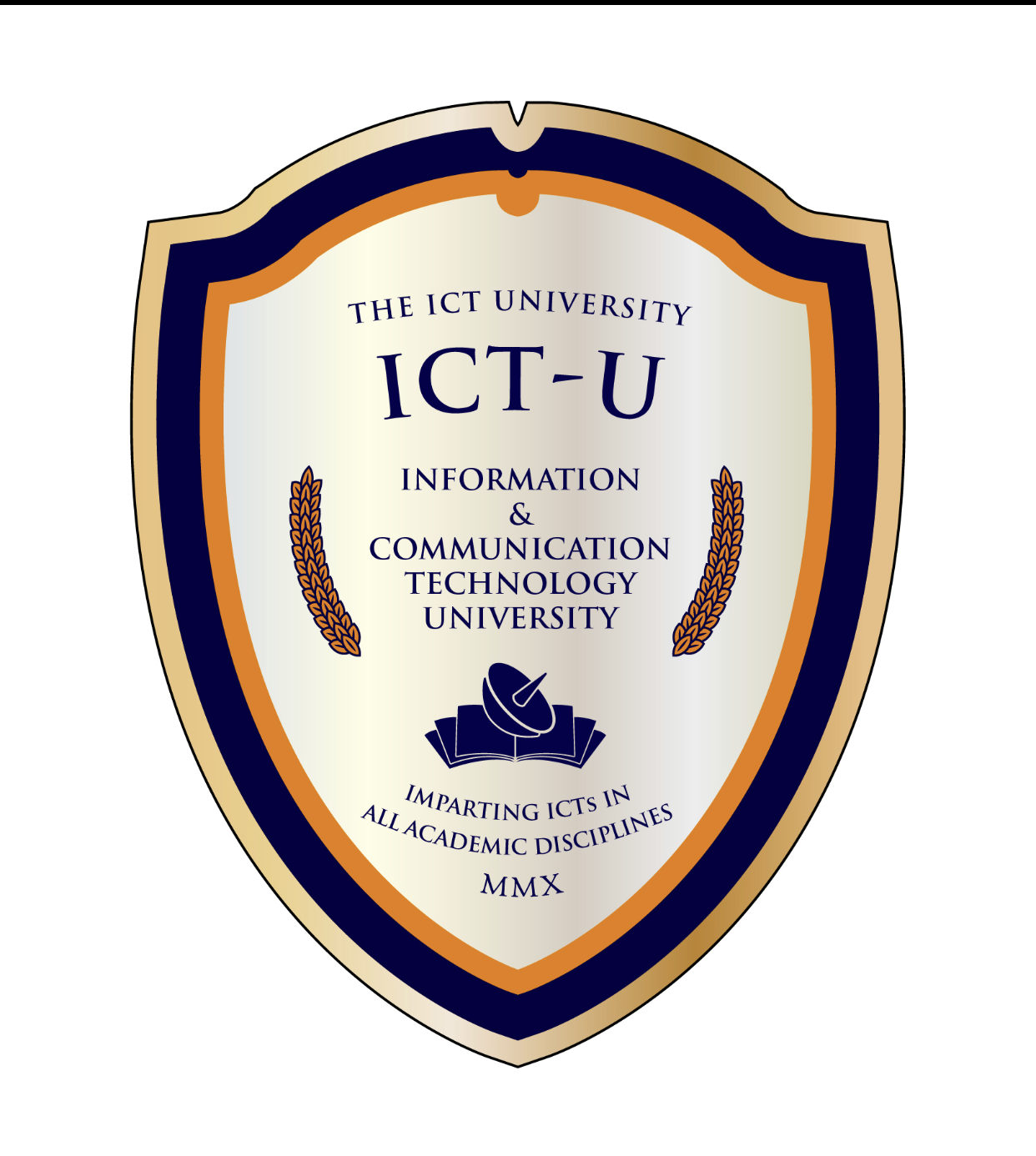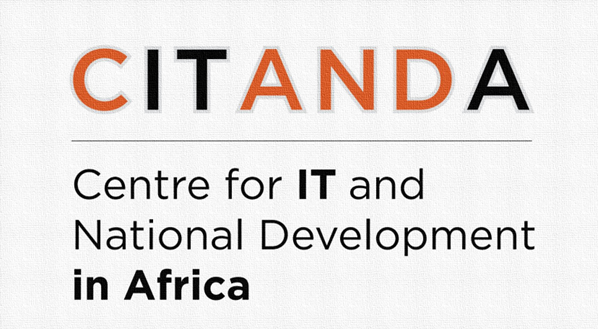Abstract
This article presents the outcome of an investigation into the provision of lecturecasts to students. The objective was to ensure that both those who attended live lectures of a second-year engineering course and/or watched recorded versions of the lectures had an experience that supported their learning. A range of data was drawn on including the personal reflection of the lecturer of the course, questionnaires, and student interviews. The qualitative data were analysed through an inductive process that drew on the principles of grounded theory and the findings that emerged included the role of the “talking head” in recordings, balancing the needs of the live and recorded audience, the importance of digital annotation using e-ink, content navigation using index markers, the availability of the lecturecasts, and the importance of considering intellectual property. These findings demonstrate how the design and implementation of lecturecasting can be improved to ensure that students have the best possible experience of the material being presented.
Included in
Educational Methods Commons, Instructional Media Design Commons, International and Comparative Education Commons, Management Information Systems Commons


